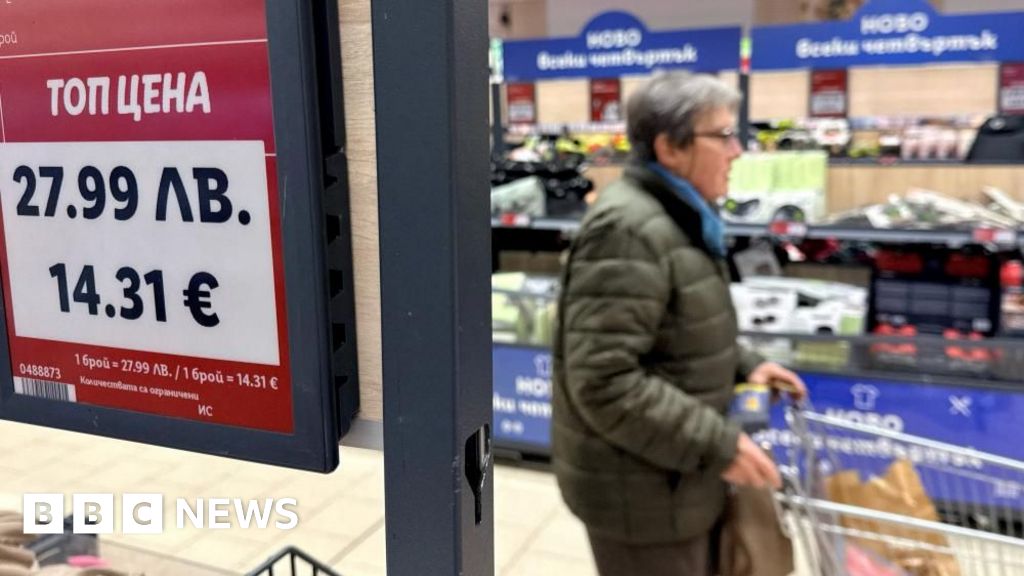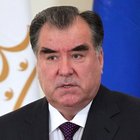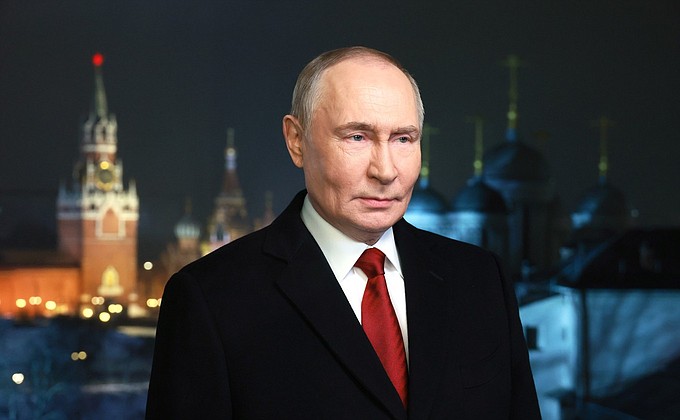Police have praised the behaviour of Sydney New Year’s Eve revellers, with only a small number of people arrested as celebrations took place across the city.
On one of the busiest days of the year, 38 people were arrested, including nine in the…

Police have praised the behaviour of Sydney New Year’s Eve revellers, with only a small number of people arrested as celebrations took place across the city.
On one of the busiest days of the year, 38 people were arrested, including nine in the…

Published On 31 Dec 2025
New Year’s Eve celebrations are unfolding across the world as countries move into 2026 one time zone at a time.
The first major cities to mark the new year welcomed…

US President Donald Trump has said he is withdrawing National Guard troops from several US cities, including Chicago and Los Angeles, after a Supreme Court ruling last week undermined his authority to use troops for policing.
“We will come back,…

Bulgaria – the poorest country in the European Union – has become the 21st member of the eurozone – leapfrogging more obvious and prosperous candidates like Poland, the Czech Republic and Hungary.
For mostly urban, young and entrepreneurial…

Emomali
Rahmon strongly condemned the unprecedented Ukrainian drone attack targeting
the Russian President’s official residence in the Novgorod Region overnight
into December 29. It was noted…

WASHINGTON (AP) — The Department of Justice has expanded its review of documents related to the convicted sex offender Jeffrey Epstein to 5.2 million as it also increases the number of attorneys trying to comply with a law…

NUR SHAMS REFUGEE CAMP, West Bank (AP) — Palestinians in the Israeli-occupied West Bank watched as Israeli military bulldozers pulled down their homes Wednesday as part of a nearly year-long incursion into the territory’s…
A sixth child has died in Gaza this month as the enclave’s people continue to endure dire living conditions linked to freezing rains and the Israel-Hamas war, the UN Children’s Fund (UNICEF) has announced. The development comes as aid…

President of Russia
Vladimir Putin: Citizens of Russia, friends,
At this moment, as we stand on the threshold of the New Year, we all feel the passage of time.
Before us lies the future, and what it holds largely depends…